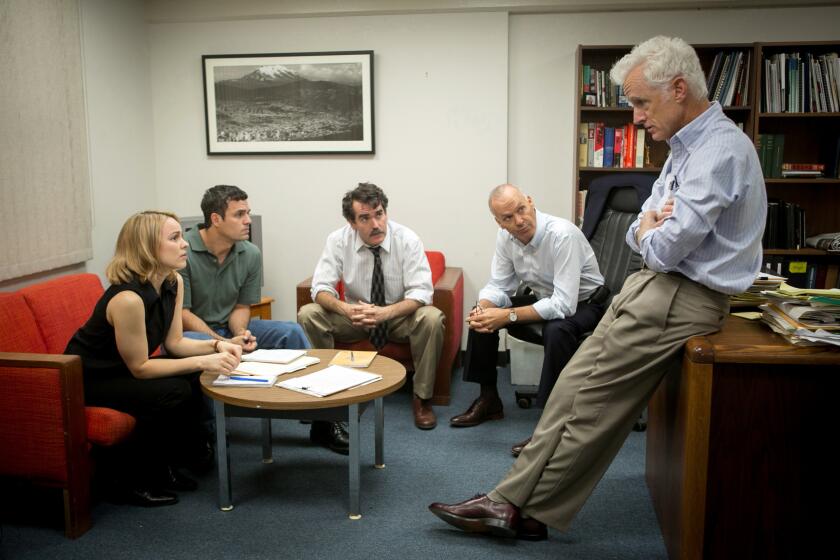ICN Warns New Therapy May Stall Sales of Ribavirin
As ICN Pharmaceuticals Inc. prepares to split into three companies, the drug maker is warning that demand for its hottest drug may cool.
Royalties from ICN’s hepatitis drug ribavirin, which surged 48% in the third quarter, could stall as regulators evaluate an improved treatment for the disease, Chief Executive Milan Panic said Monday.
“Doctors are warehousing patients and waiting for the new treatment,” Panic said after the Costa Mesa company’s annual shareholders meeting in New York.
Panic declined to discuss the expected slowdown’s potential impact on the drug maker’s bottom line. In the third quarter, ICN’s royalties from ribavirin jumped to $49 million from $33 million a year earlier.
The prospect of slower sales has put a damper on ICN’s stock. The shares, which traded as high as $41.75 on Oct. 20, closed Monday at $26.50, down $1.69 a share, on the New York Stock Exchange.
Under ICN’s proposed restructuring plan, the unit that would control the rights to ribavirin is considered the crown jewel. This segment alone could eventually be worth as much as $4 billion, nearly double the entire company’s market capitalization now, analysts have estimated.
Investor nervousness stems from the announcement by ICN’s partner, Schering-Plough Corp., that it plans to seek permission from the U.S. Food and Drug Administration to market the new hepatitis C treatment, which combines its Peg-Intron drug with ICN’s ribavirin.
Currently, ICN’s ribavirin is available only with Schering-Plough’s Intron A in a combination hepatitis C treatment called Rebetron.
The new treatment requires fewer weekly injections and has fewer side effects, said analyst Michael Tong of First Union Securities in New York.
If the therapy is approved, ICN should benefit because it includes ribavirin, Panic said.
The shareholders meeting comes two months after Panic agreed to a restructuring scheme that would greatly reduce his role.
The 70-year-old former prime minister of Yugoslavia was reelected chairman for three more years.
But shareholders also approved a resolution urging the company to install more independent directors.
*
Bloomberg News also contributed to this report.






